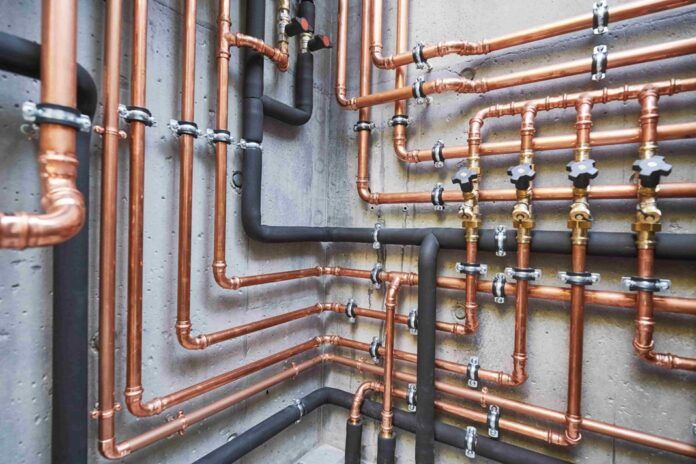
The Copper Sustainability Partnership (CuSP) has revealed how copper can support the demand for residential retrofits, which must reach one million per year by 2030 to meet the UK net zero aim.
The Climate Change Committee has indicated that residential retrofits need to increase to one million per year from 2025 to 2030 for the UK to hit its 2050 net zero target.
To increase the sustainability of older buildings, their ability to retain heat must be improved and fossil fuel energy sources replaced with renewable alternatives, a statement said. This can be achieved through climate-based retrofitting, it noted, which is the installation of new features and technologies including heat pumps, air conditioning, insulation and renewable energy systems.
In response to the demand for residential retrofit advice, the Royal Institution of Chartered Surveyors has launched a new Residential Retrofit Standard, effective from 31 October 2024. CuSP noted. The institution said that the initiative provides a framework to not only improve the environmental impact of our homes, but also the health of residents, as common illnesses caused by cold homes in the winter currently cost the NHS £1.4bn every year.
The statement also said that as the uptake of climate-based retrofitting increases, the demand for copper is also rising due to its benefits over other materials like plastic.
In air source heat pumps, copper piping is used to offer a more structured piping path and better heat circulation, it cited, and its antimicrobial properties ensure a low level of toxicity. In air conditioning units, copper piping allows for faster cooling and lasts longer over time due to its ability to handle oxidation and corrosion.
The statement reflected that copper has proven itself to be a key component in successful retrofit projects. For example, it noted that Water Kinetics installed their copper Eco-Duo pipe system at the University of Bristol to replace a traditional domestic hot water system, and five years later, saw a reduction in energy consumption and associated carbon reductions of up to 52%, with an average of 49.7%, the partnership noted.
